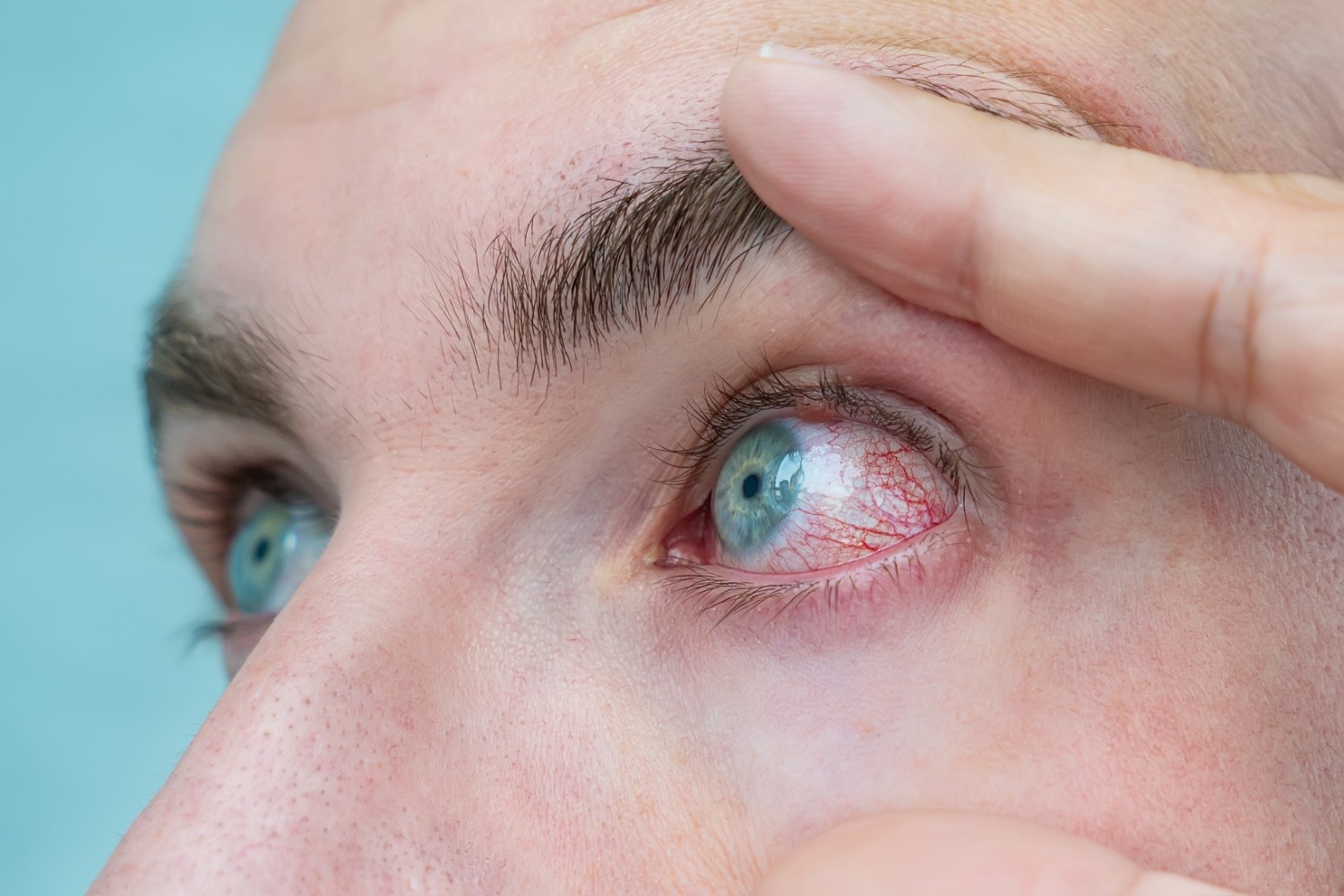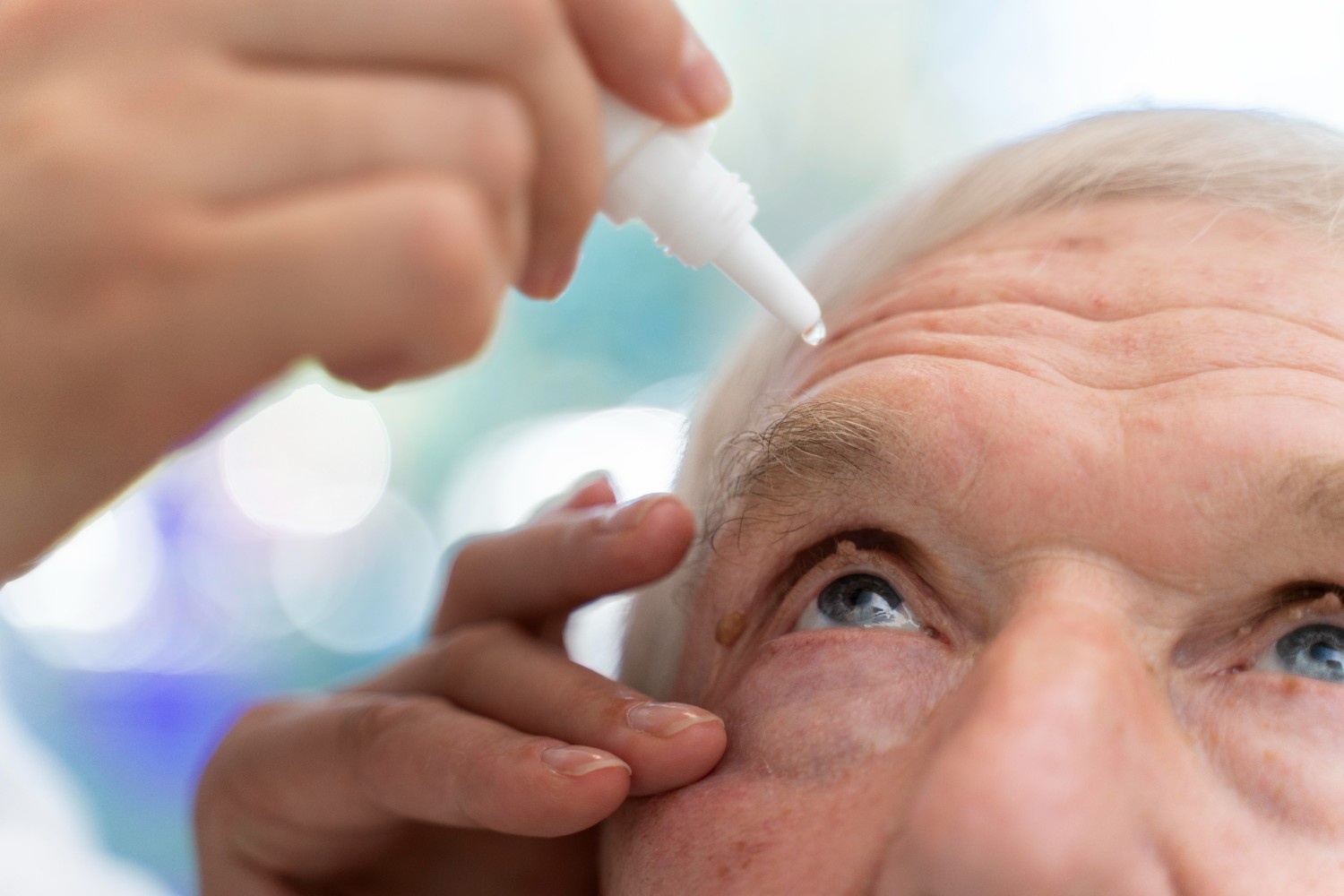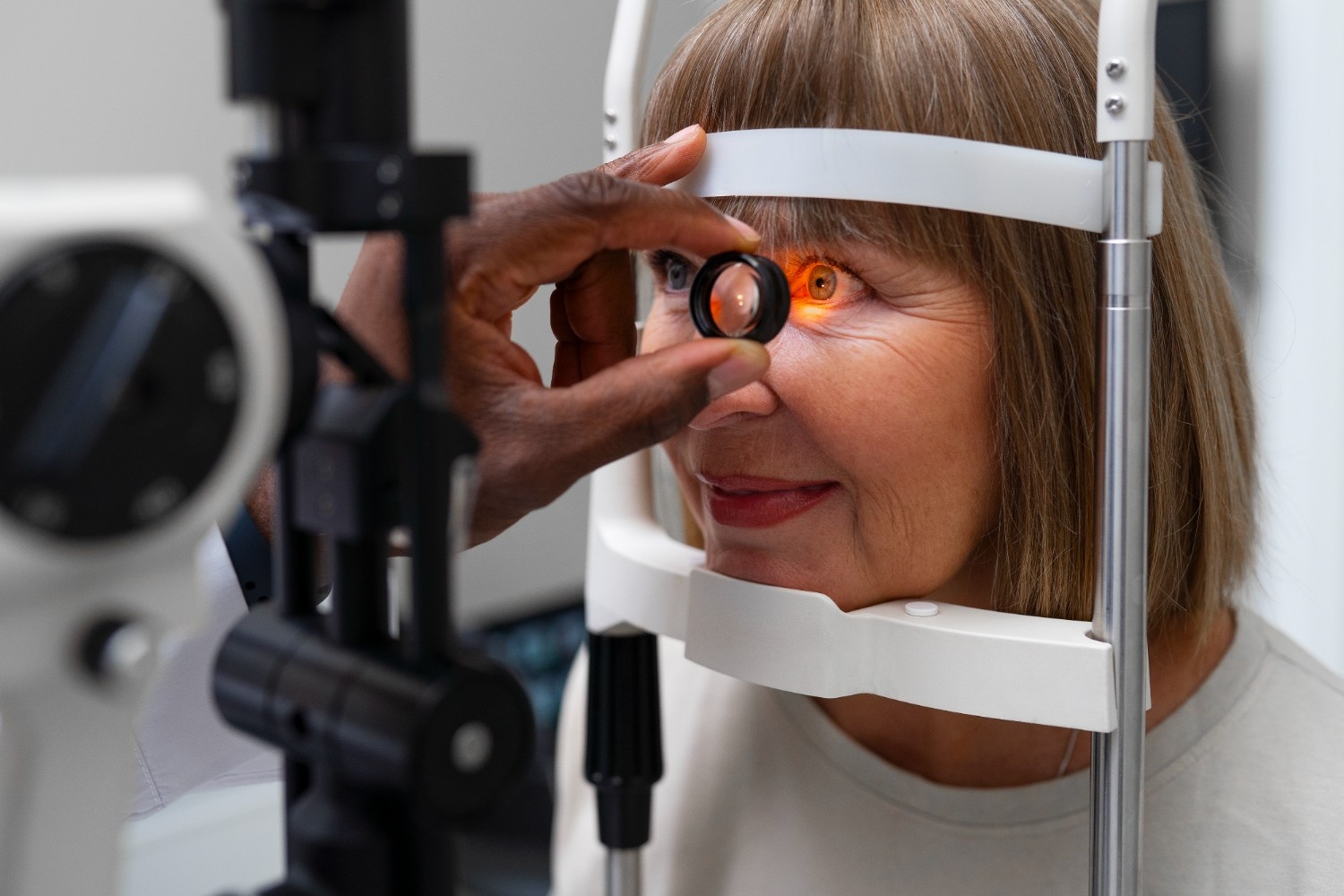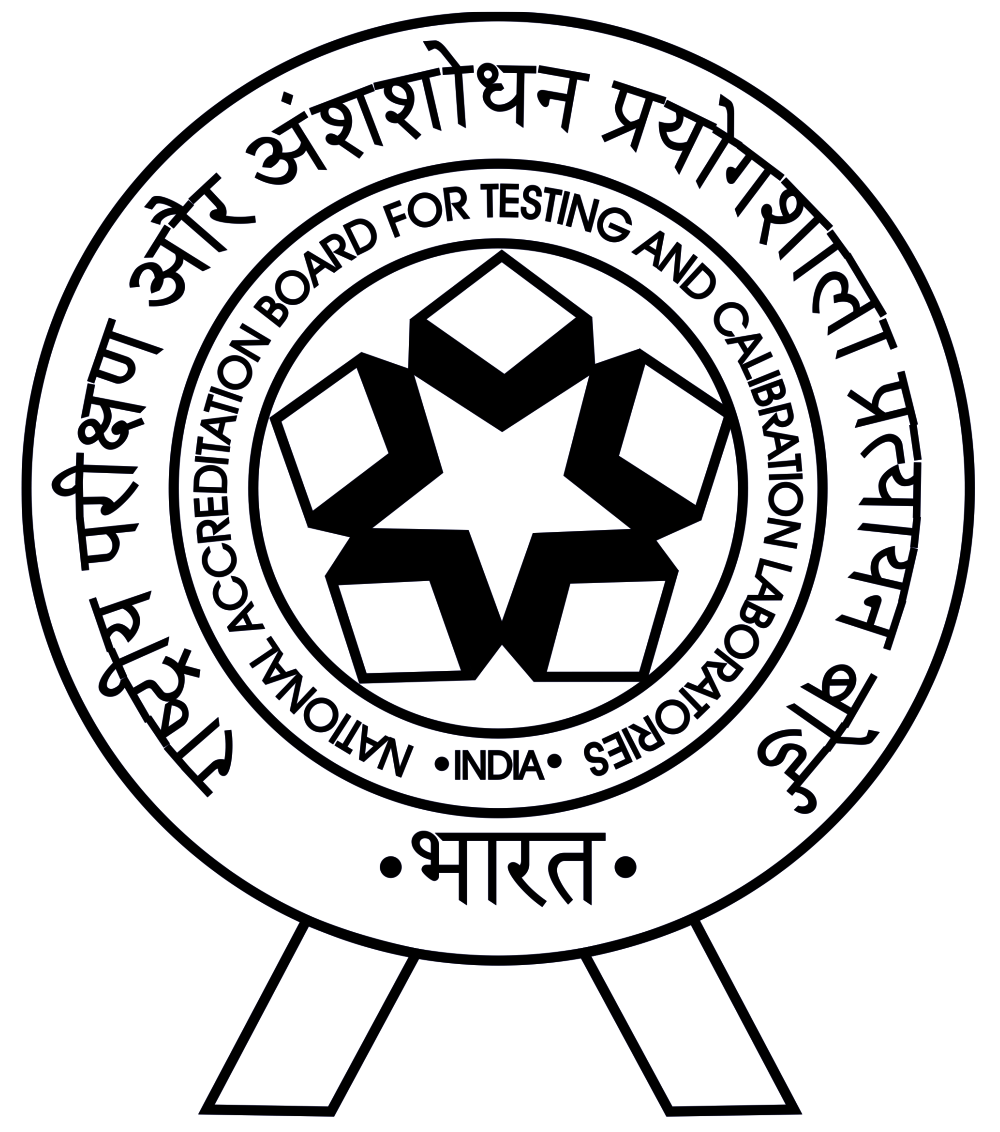
Glaucoma Diagnosis & Treatment for Vision Protection at ShardaCare – Healthcity
Glaucoma is a group of eye conditions that can harm the optic nerve, which is essential for good vision. This damage is often linked to high pressure in the eye, but it can also occur with normal eye pressure. While glaucoma can affect people of any age, it's more common in older adults and is a leading cause of blindness in those over 60. Many types of glaucoma don't show warning signs, and vision changes may not be noticeable until the condition is advanced.
For early diagnosis, it's important to get regular eye checks that include measuring eye pressure. If glaucoma is found early, steps can be taken to slow down or prevent vision loss. Treatment or ongoing monitoring is usually necessary for managing glaucoma throughout life.
Looking for an Expert
ShardaCare - Healthcity is home to some of the eminent Doctors in the world.
Book an Appointment



















